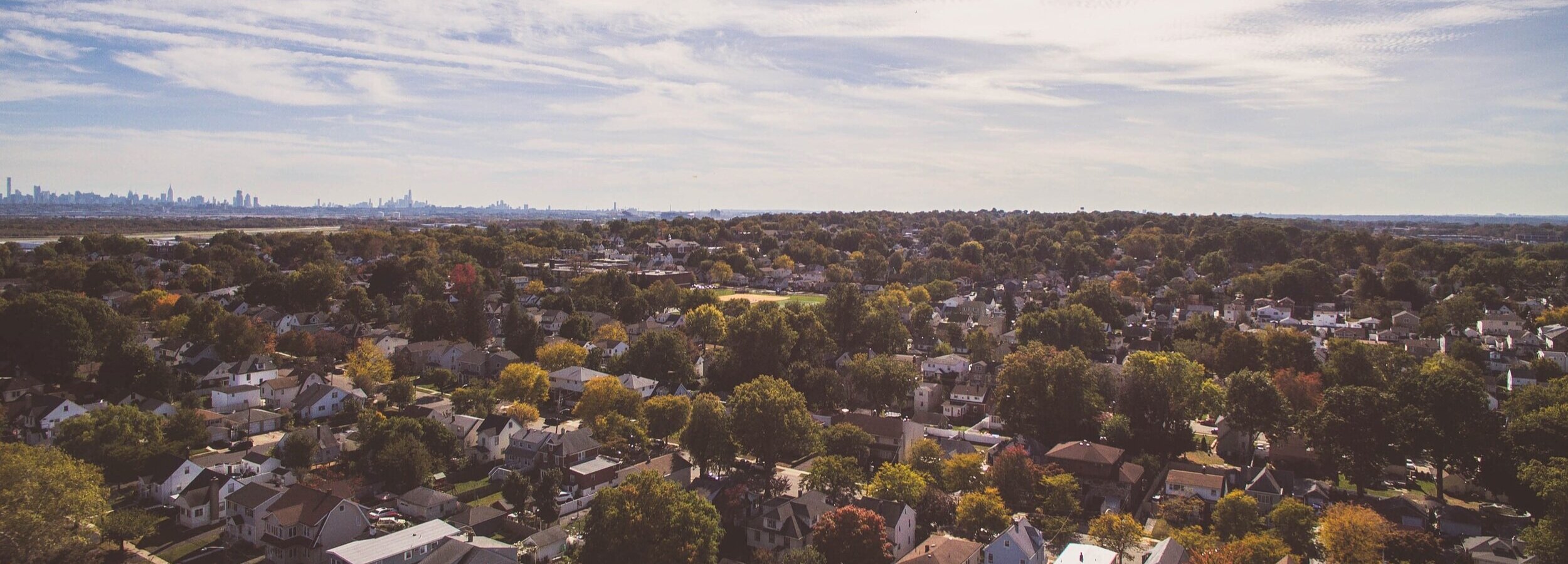
Teaching Philosophy and Experience
-
I teach courses in urban sociology and social demography with a critical lens and an orientation towards social justice. My subject matter expertise in demography and urban sociology comes through preliminary exams in each subfield alongside numerous graduate level seminars, independent studies, and independent research endeavors. I am equipped to teach courses related to urban sociology broadly, housing and urban development, introduction to demography and populations studies, spatial theory and analysis, and introduction to quantitative analysis.
-
Every student already lives sociology. Unlike perhaps organic chemistry or theoretical physics - which we all live but are rarely cognizant of - we all have, to some conscious or unconscious degree, our own developed scripts about the way the social world is. This is true for the youngest of children, the brightest of students, and the most experienced of faculty. Sociology is fundamentally an exercise in practiced empathy, for instructors towards their students, and for students towards themselves and the course material. Rather than trying to produce knowledge out of whole cloth, my goal as an educator - especially in undergraduate settings - is to help students understand their own existing perspectives and assumptions, connect them to the experiences of others from different social circumstances, and assess whether or not other perspectives and experiences apply to, clearly inform, or better fit with the social phenomena at hand. Inviting students not into acceptance of a particular conclusion, but rather into the uncomfortable but necessary process of challenging their existing social scripts is the goal. This is the sweet spot of teaching sociology and the place where sociology becomes transformative and applicable to more than just the budding sociologist and social justice advocate, but to the engineer in the back, the disinterested student to the side, and the stubborn student set in their ways.
I find the most impactful learning experiences for me - and ones I have seen in my students - are the ones where preexisting conclusions are challenged not just with empirical evidence or relevant subject matter, but also with an empathetic connection to the people, events, or phenomenon at hand. Thus, fostering an ethos of empathy towards both students and their experiences, and towards the communities and experiences being studied is necessary.
-
In my experience as the lecturer and instructor of record for Sociology 170 - Population Problems, I developed and delivered 26 lectures on topics such as formal demographic basics, population data basics, population health disparities, demographic consequences of COVID-19, racial health disparities, race and racisms in America, theories of migration, immigration in America, and family planning/reproductive justice. My primary role as instructor of record was to deliver relevant, engaging, and challenging content meant to introduce students to critical ways of thinking about population phenomenon in the world around them, and to excite them about the importance of sociological inquiry in our world today. This course examines multiple polarizing and emotional topics, and I approached each with both an academic and empathetic posture, noting the often personal and private nature of the content, as well as the population level, demographic implications of social phenomenon.
In my experience as a teaching assistant to Sociology 170 - Population Problems, I managed four large discussion sections meant to cover key lecture concepts and apply the understanding to real world applications. Here, my primary goal was facilitating group discussions related to contemporary demographic topics and debates. This often included emotionally challenging or politically charged topics like reproductive rights, racial identity and health disparities, and the demographic implications of the COVID-19 pandemic. The challenge - and reward - of teaching this course rests in nudging students out of comfortable reiteration of course content and into the meaningful and constructive application of demographic concepts to contemporary social phenomena.
In my experience as a teaching assistant to Community and Environmental Sociology 645 - Modern American Communities, I primarily aided in undergraduate and graduate research projects by leading weekly introductory research activities. For this course, the goal was application of knowledge and technique towards the practice of sociological writing and research. As such, I compiled and provided topical, theoretical, and data related resources for students to use in their term projects and provided guidance and feedback to students throughout the research, writing, and presentation process.
-
For privacy reasons, student reviews, student evaluations, and student comments are available upon request. Quantitative assessments of my teaching performance are also available upon request.